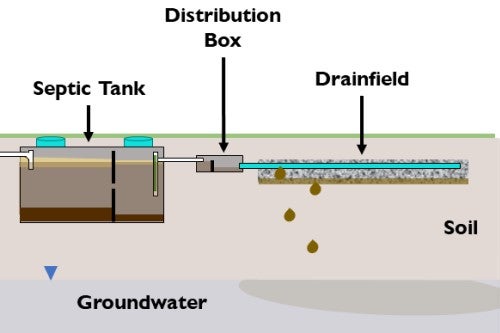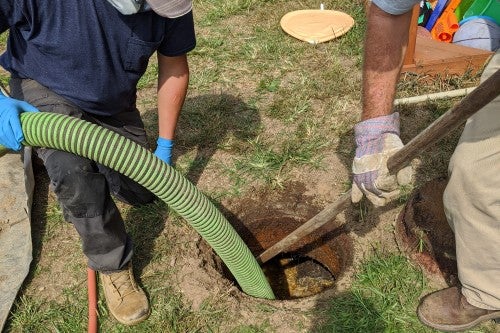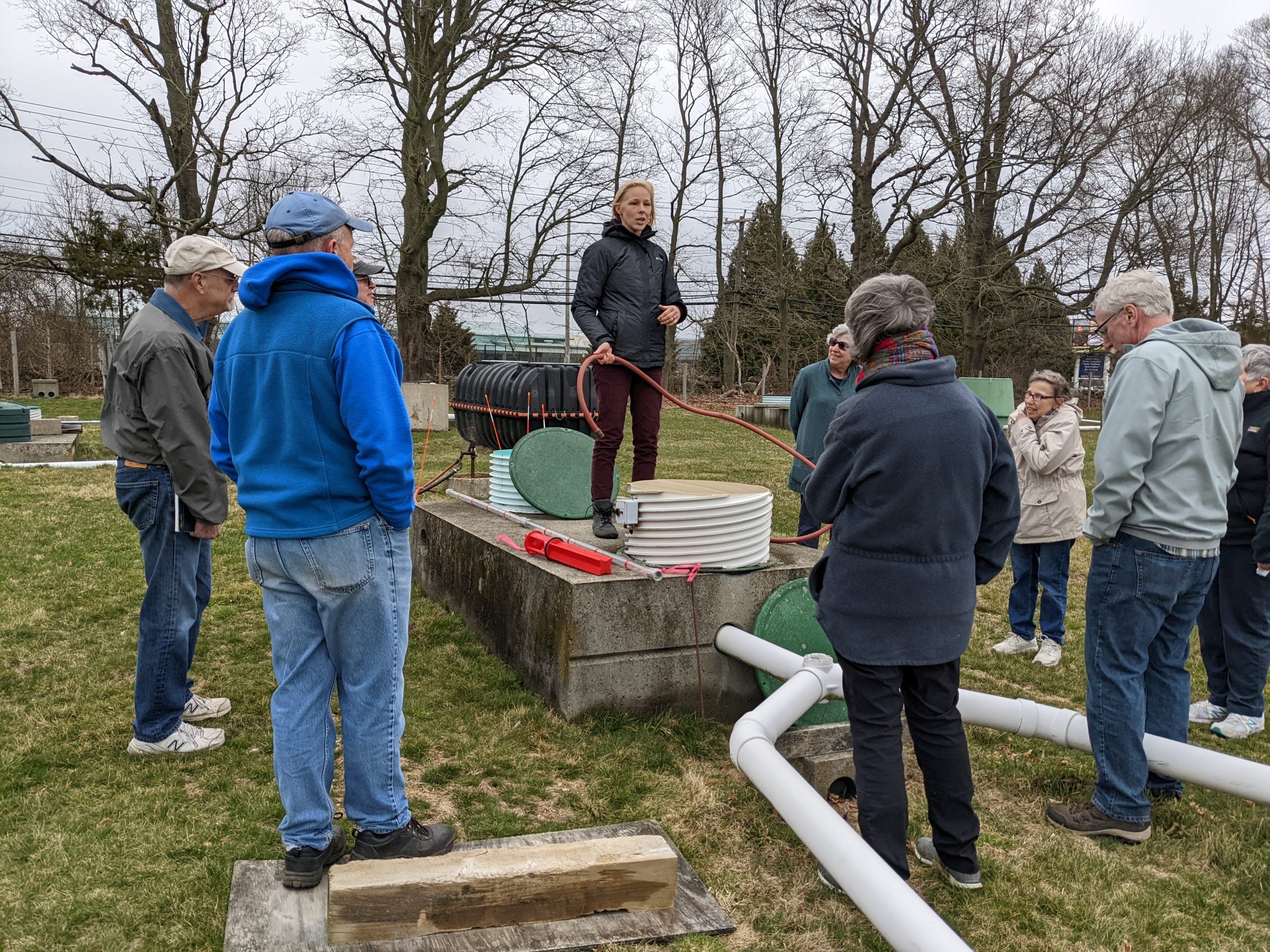Why care about septic systems?
- Public Health Benefits: Properly designed and functioning septic systems reduce the risk of disease transmission and human exposure to pathogens and other contaminants, protecting drinking water, surface water and shellfish beds from contamination.
- Environmental Benefits: Wastewater moving through septic systems recharges groundwater and replenishes aquifers, while reduce wastewater pollutants entering surface and groundwater.
- Economic Benefits: Individual and community-based septic systems help communities reduce large infrastructure and energy costs involved in wastewater collection and treatment.
Malfunctioning septic systems are currently the second greatest threat to groundwater quality in the United States. Systems that are neglected, improperly maintained and overused and can cost homeowners tens of thousands of dollars to replace. Source: U.S. Environmental Protection Agency
As part of the URI Cooperative Extension Program, the New England Onsite Wastewater and Training Program & Center has been sharing science-based information on septic systems with a variety of stakeholders for over two decades! Read more about our program’s mission and activities.






